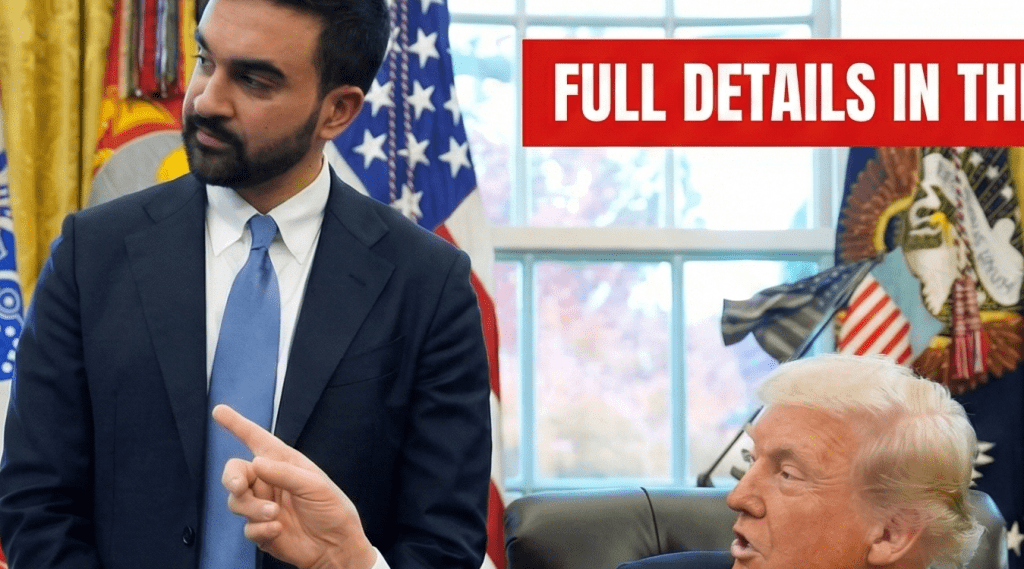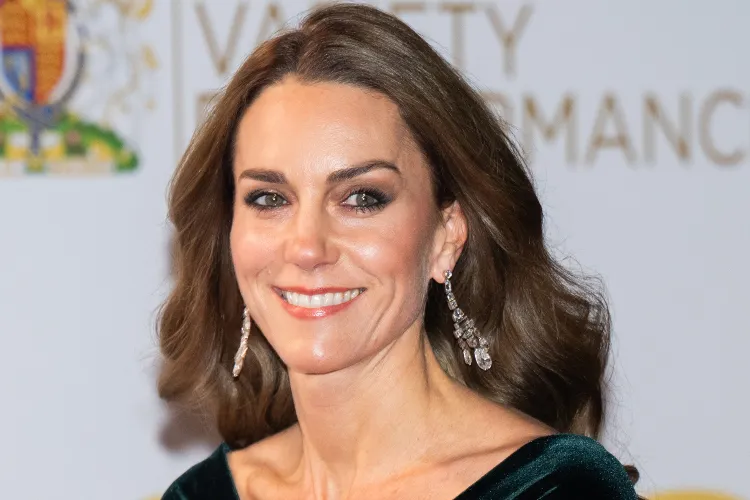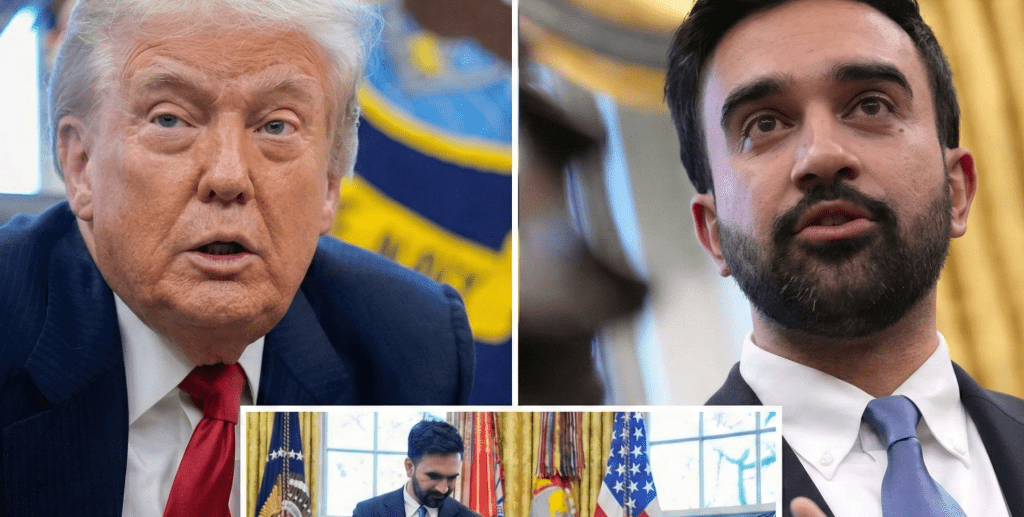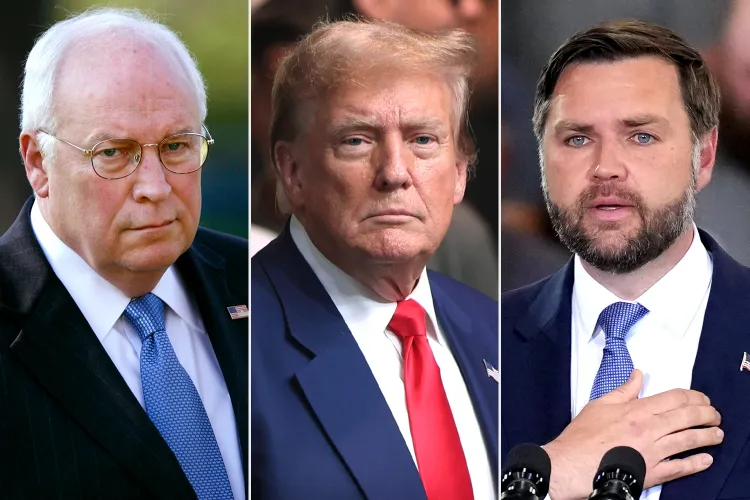‘Not a Jihadist’ – The Warm White House Welcome That Left GOP Ally Fuming
In the sun-dappled intimacy of the Oval Office, where the Resolute Desk stands as a silent sentinel to decades of deals and dreams, President Donald J. Trump leaned back in his leather chair on November 21, 2025, his trademark grin flashing like a beacon amid the room’s polished pomp. Flanking him was Zohran Kwame Mamdani, the 34-year-old democratic socialist who’d just upended New York’s political cosmos with a razor-thin mayoral victory, his braids framing a face alight with the cautious optimism of a man walking a tightrope over partisan chasms. The air hummed with the low buzz of reporters crammed into the space, notebooks poised like drawn swords, as the summit—billed as a funding plea for a city buckling under $3,500 median rents—unfolded not in fireworks but in fleeting moments of unexpected grace. When a journalist, voice cutting through the hush, asked Trump point-blank if he still viewed Mamdani as a “jihadist,” echoing Rep. Elise Stefanik’s recent barbs, the room tensed, the weight of old insults hanging like storm clouds over the Hudson. But Trump, ever the showman with a knack for defusing dynamite, waved it off with a chuckle and a shrug. “No, he’s not a jihadist,” the president replied, his tone light but laced with the warmth of a backhanded compliment. “Elise is running for governor—she says a lot of things.” Laughter rippled through the press corps, Mamdani cracking a sheepish smile beside him, the exchange a disarming pivot that turned potential powder keg into punchline. In that instant, amid the high stakes of a $11 billion federal ask for New York’s beleaguered budget, two Queens-bred outsiders—one a billionaire dealmaker, the other a refugee’s son turned socialist crusader—found a sliver of common ground, a poignant reminder that in America’s fractured theater, humor can humanize the harshest divides.
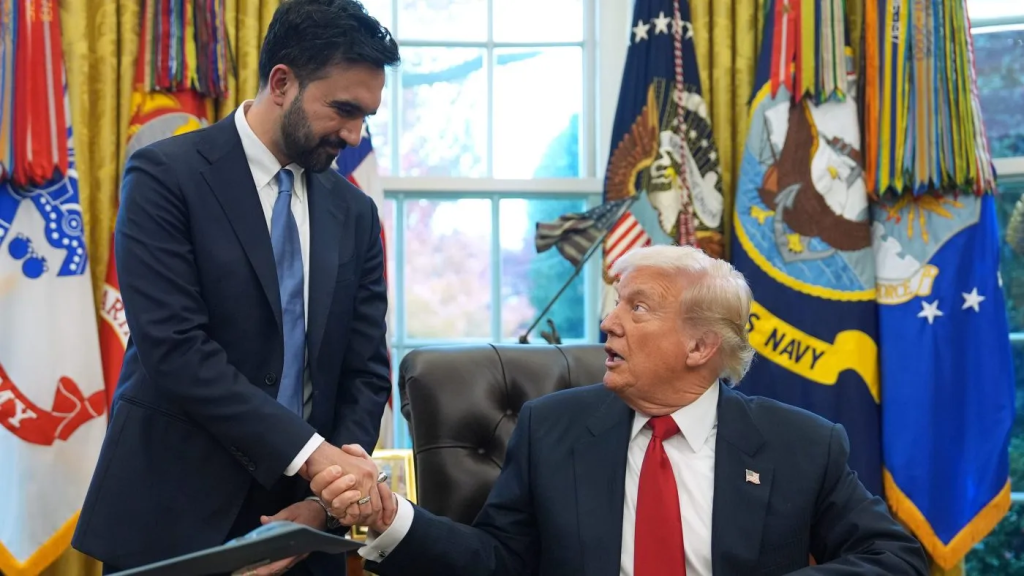
The summit itself was a masterstroke of pragmatism wrapped in pageantry, a meeting born of Mamdani’s bold outreach on November 18—a polite email to the White House seeking dialogue on “affordability for every New Yorker”—and Trump’s surprising assent, announced in a Truth Social post that blended bravado with a dash of benevolence. “This Communist Mayor of New York City, Zohran ‘Kwame’ Mamdani, has asked for a meeting,” Trump wrote then, his words a digital gauntlet that teased funding cuts but ended with agreement: “We have agreed that this meeting will take place at the Oval Office on Friday, November 21st. Further details to follow!” For Mamdani, whose November 4 election night triumph in Times Square—edging Andrew Cuomo 50.4% to 45.2% in a Democratic primary squeaker—had ignited fireworks from the Bronx to Battery Park, the invitation was a gamble worth every heartbeat. Elected as the first Muslim, first South Asian, and youngest mayor in over a century, he embodied the city’s restless spirit: a Ugandan-born activist-rapper who’d traded mixtapes as “Mr. Cardamom” for assembly bills on rent freezes and universal childcare, his 2020 win in District 36 at age 29 a harbinger of the progressive wave that swept him into Gracie Mansion. But victory brought thorns—a $110 billion budget teetering on pension shortfalls, federal funds comprising 10% ($11 billion) for housing vouchers, subway signals, and school lunches. “New Yorkers are paying $4 for coffee and $2,000 for studios— we need federal partnership, disagreements be damned,” Mamdani told MSNBC’s Chris Hayes the night before, his Queens lilt underscoring the urgency of a man whose immigrant parents—Mahmood, the exiled Columbia professor, and filmmaker Fatima—had taught him to fight with words and walk with wisdom.
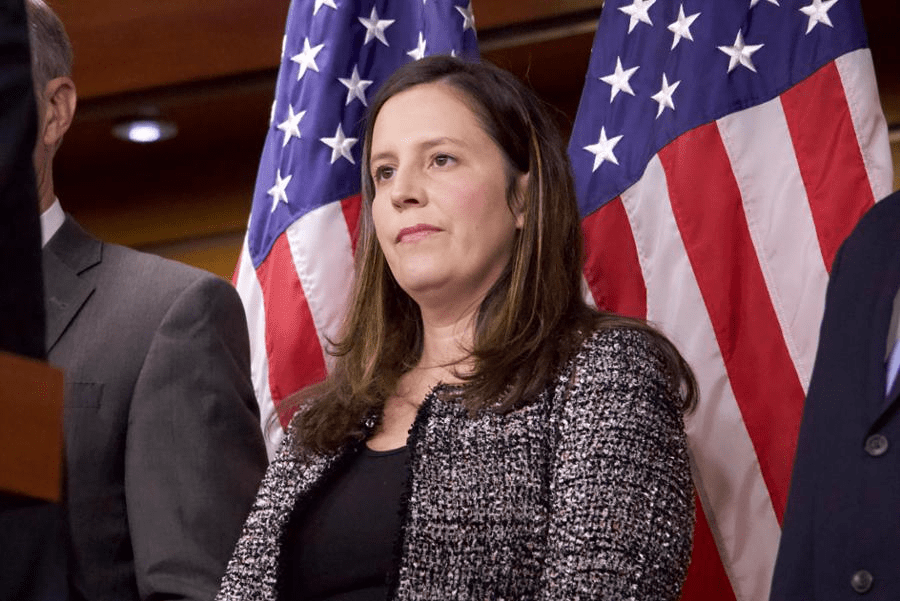
Trump’s reception, far warmer than the barbs suggested, unfolded like a scene from a political rom-com scripted by fate’s wry hand. Arriving at 10:45 a.m. ET via Amtrak’s Acela—eschewing the private jets of power brokers for the subway-riding everyman image—Mamdani was whisked to 1600 Pennsylvania Avenue, greeted by White House Press Secretary Karoline Leavitt in the Rose Garden, her Rhode Island smile masking the steel of a Trump loyalist. The Oval session, lasting 75 minutes behind closed doors, zeroed in on the meat: Mamdani pitching $1.5 billion in HUD grants for 30,000 affordable units, $800 million in SBA loans for minority bodegas battered by inflation, and expedited FEMA bucks for flood-prone transit. Trump, flanked by chief of staff Susie Wiles—the Florida operative whose steady hand steered his 2024 landslide—countered with concessions: tweaks to sanctuary policies for “criminal non-citizens” in exchange for the aid, a nod to his border wall expansions that had slashed crossings 70%. “New York’s great people deserve relief—we can make it happen,” Trump said post-meeting, his arm draping Mamdani’s shoulder in a photo-op that beamed across X, racking 2 million views by lunch. The joint statement, released at 1 p.m., teased wins: $2.3 billion total, with strings attached to “law and order” pilots in high-crime precincts. For Mamdani, it was a coup—his first big-league score, a pragmatic pivot from the fascist labels he’d hurled during 2024 rallies against Trump’s deportation machine.
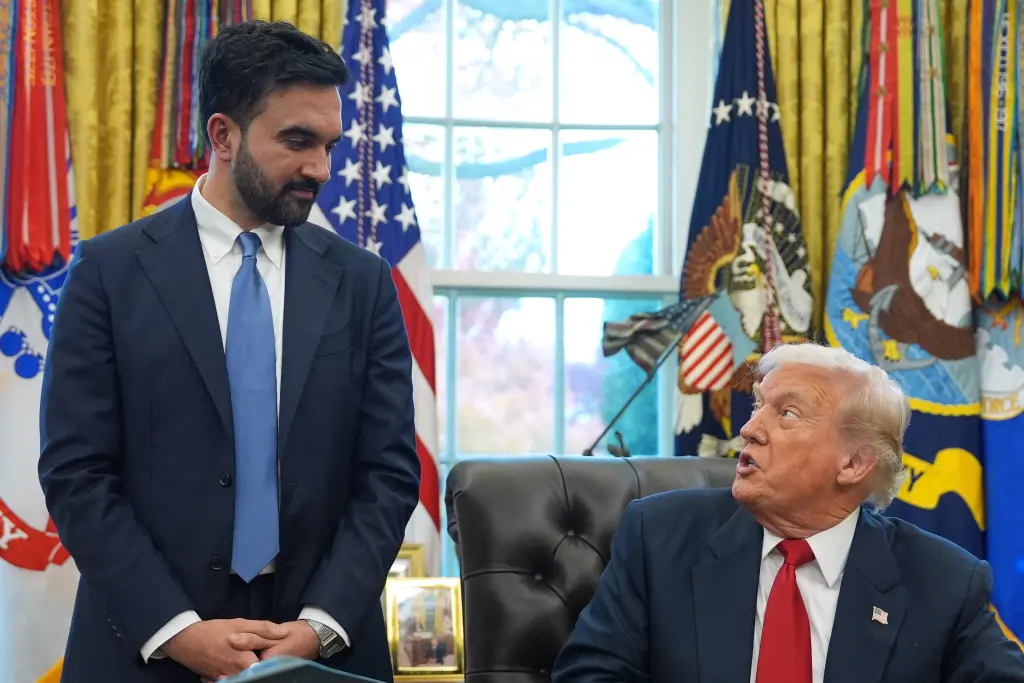
The “jihadist” jab, the spark that nearly singed the goodwill, traced to Stefanik’s September 25 Fox hit, where the New York Republican—Trump’s 2024 VP shortlister and rising gubernatorial hopeful—branded Mamdani a “jihadist sympathizer” over his pro-Palestine assembly votes and DSA ties. “This radical’s win endangers New York—jihadist rhetoric in City Hall? No thanks,” Stefanik thundered, her upstate district a bellwether for 2026’s red wave ambitions. The label, echoing Islamophobic whispers since Mamdani’s 2020 win, had drawn DSA condemnations and Mamdani’s own retort: “Fearmongering won’t fix rents—facts will.” Trump’s deflection in the Oval—”Elise is running for governor; she says a lot of things”—was vintage Donald: playful yet pointed, a subtle snub to his ally that left Stefanik fuming on X by evening: “President Trump knows the threat—New York’s safety demands vigilance, not vibes.” The break, while minor, underscored Trump’s dealmaker DNA—prioritizing pragmatism over purity, much as his Riyadh thaw with Musk had thawed conservative skepticism. For Mamdani, the quip was a gift: laughter as lubricant, easing the funding flow and humanizing the “Communist” tag Trump had pinned post-election.
Stefanik’s sidelining, a poignant footnote in her ascent from Harvard debate champ to House GOP Conference Chair, highlights the tensions in Trump’s orbit, where loyalty clashes with legacy. At 41, the Saratoga Springs mother of two has been the party’s attack dog—censoring AOC in 2021, grilling Garland in 2023—her 2026 gubernatorial bid a crown jewel eyed by Albany insiders. But Trump’s Mamdani embrace, amid the mayor-elect’s fascist jabs from 2024 (“Trump’s policies echo fascism’s playbook”), irked her camp, whispers of “disloyalty” circulating in upstate fundraisers. “Elise fights for New York’s security—Trump’s playing nice with radicals risks it all,” a Stefanik advisor leaked to Politico on November 22, the rift a microcosm of MAGA’s internal tug-of-war: purists vs. pragmatists. Mamdani, whose Muslim faith and pro-Palestine stance drew death threats during his campaign, saw in Trump’s quip validation: “Humor cuts through hate—it’s how we build bridges,” he told reporters post-meeting, his smile a quiet victory for the boy from Kampala who’d once feared borders as barriers.
The funding wins, teased in the joint release, paint a picture of compromise’s quiet magic: $1 billion for 25,000 affordable units in the Bronx and Queens, $500 million SBA for immigrant entrepreneurs (a Mamdani insistence), and $800 million FEMA for resilient subways—strings attached to “enhanced vetting” for sanctuary shelters. For New Yorkers like bodega owner Ahmed Khan in Jamaica, scraping $4,000 rents: “Mamdani brought home the bacon—jihadist? Nah, he’s our guy.” The fascist echo, diffused in jest, becomes lore—a punchline that punched up, reminding a fractured nation that dialogue dances with defiance. In Trump’s America, where deals defy dogma, Mamdani’s gambit whispers hope: adversaries as assets, a city reclaimed one candid “yes” at a time.
